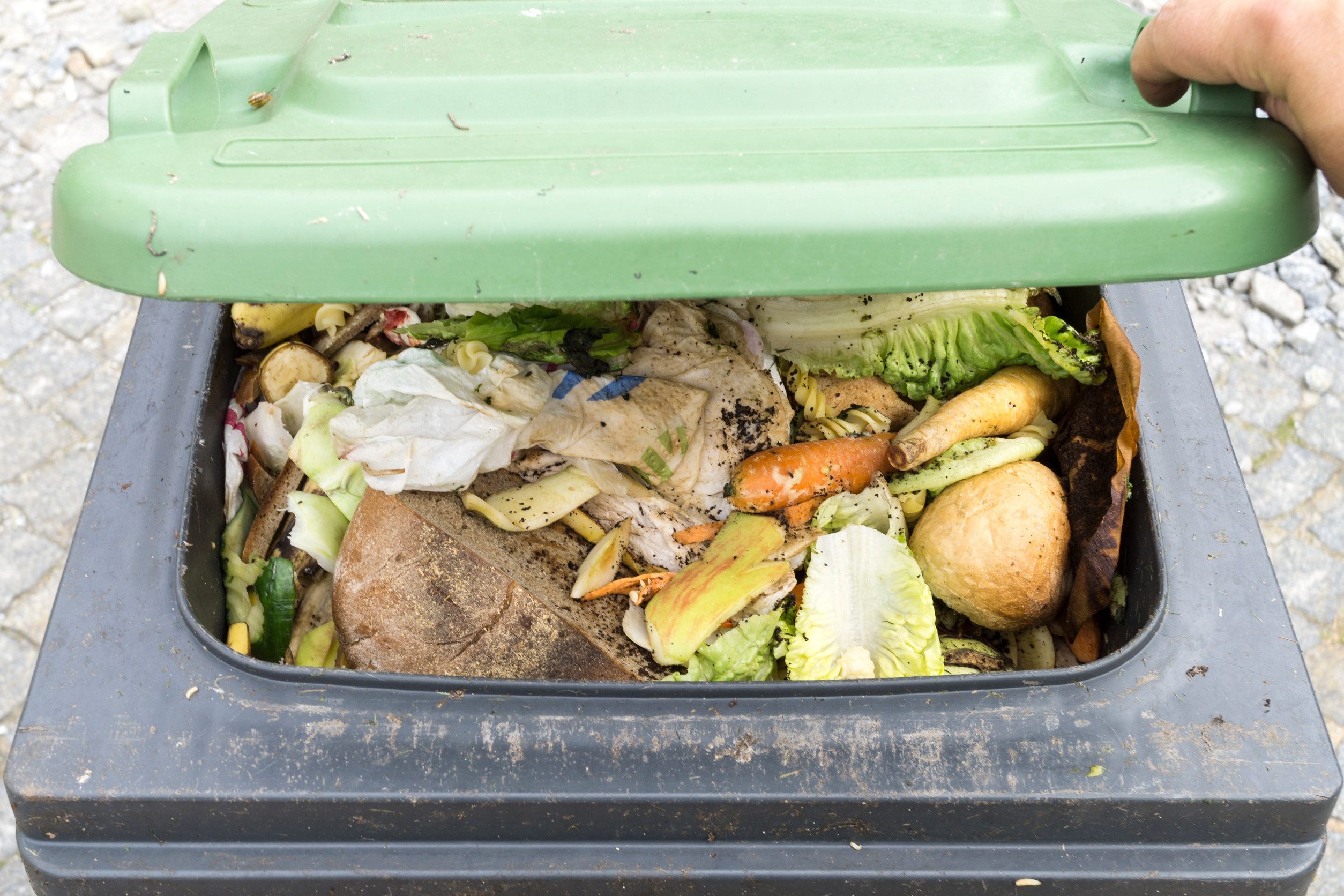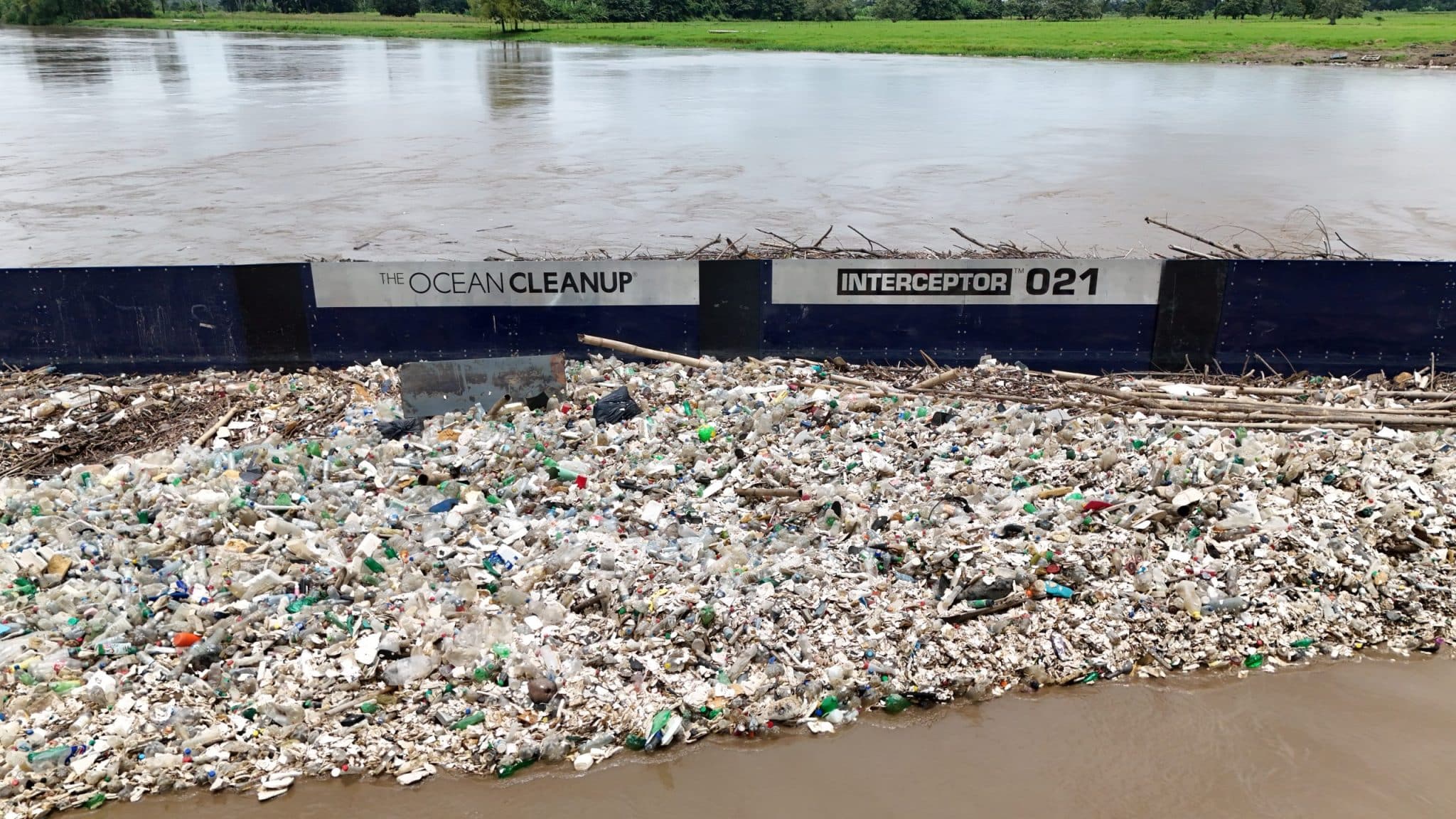Image Credit: gabort71/123rf.com
New York City has officially launched enforcement of its mandatory composting program, requiring all residents to separate organic waste as of April. The initiative aims to significantly reduce landfill waste and greenhouse gas emissions by channeling organic materials into dedicated compost streams.
Under the new program, curbside composting will be collected on the same day as recycling, with residents expected to use brown bins provided by the city or secure containers no larger than 55 gallons for food scraps, yard waste, and other compostable items. The New York City Department of Sanitation has emphasized that the program is designed to be straightforward and easy to use, eliminating special rules or complicated schedules.
To ensure compliance, the city has begun issuing fines to property owners who do not separate organic waste. Owners of smaller buildings, defined as those with up to eight units, face fines ranging from $25 to $100, while larger buildings can incur fines of up to $300 for repeated violations. During the first week of enforcement in April, nearly 2,000 fines were issued, marking a shift from prior warnings that began in October 2024.
Early indications suggest that the program is having a positive impact, with compost collection rising to 2.5 million pounds in early April compared to 737,000 pounds during the same period last year. Despite these promising numbers, some advocates stress the importance of public outreach and education alongside enforcement measures. They point to successful programs in cities like San Francisco, where community engagement has played a crucial role in composting success.
Concerns have also been raised about the processing of collected compost. While some organic waste is converted into biogas, critics argue that this process can produce emissions and leave behind waste that ultimately ends up in landfills. In contrast, cities like Los Angeles and San Francisco utilize compost as fertilizer for farmland, promoting soil health and reducing landfill reliance.
New York City’s composting enforcement represents a significant advancement in its sustainability efforts, particularly given the city’s historically low composting rate of around five percent. However, challenges remain, including a recently introduced bill in the City Council that seeks to roll back the composting mandate. Supporters of the initiative are advocating for enhanced community education and more transparent, sustainable methods for processing organic waste. The future success of the program will depend on its ability to foster a lasting composting culture in the city.
Check out the original article here: Source link



